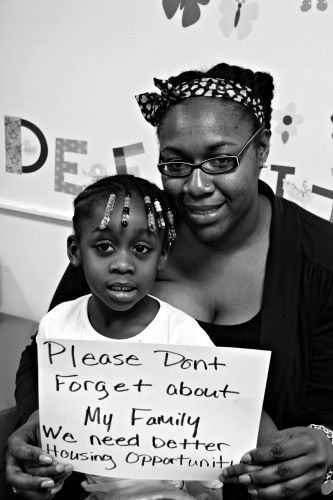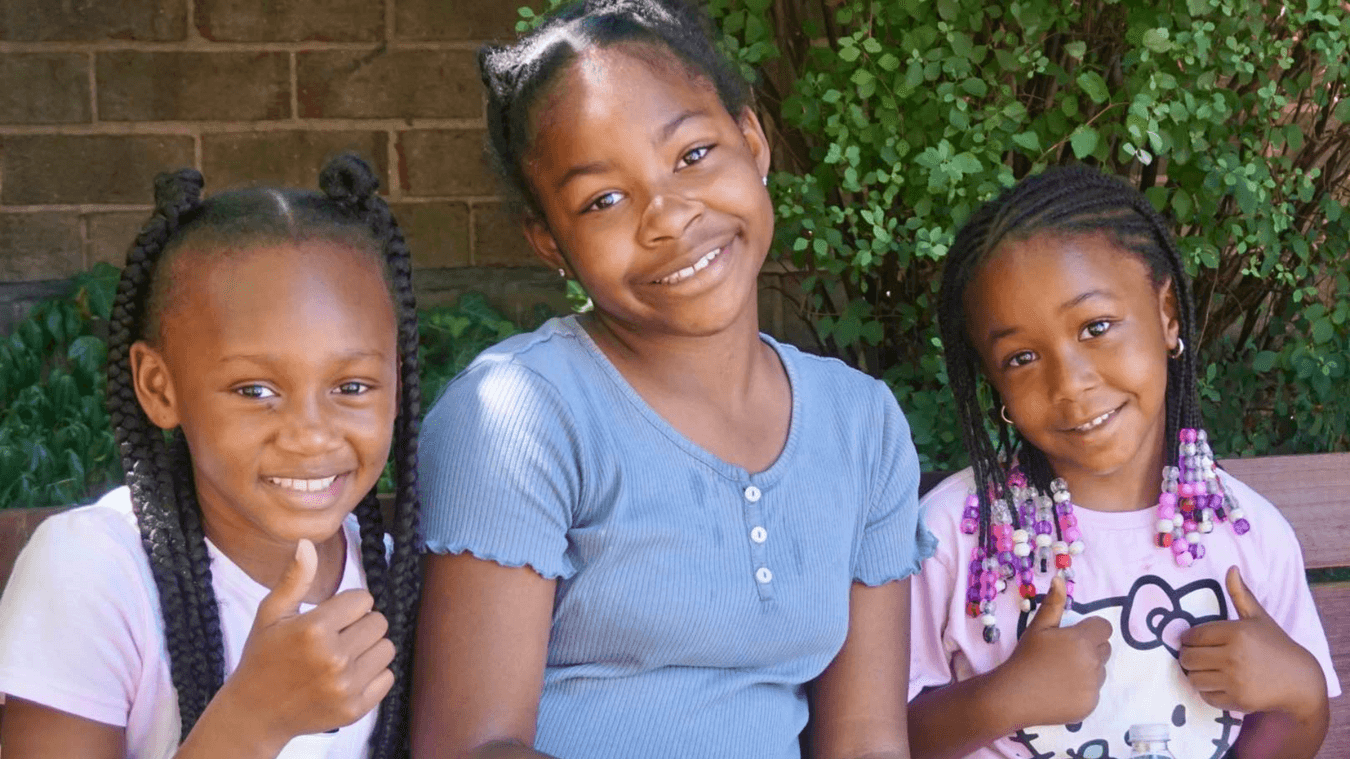
When I launched the Homeless Children’s Playtime Project back in 2003, the goal was simply to give children living in dire conditions some respite through toys and fun activities with caring volunteers. It didn’t take long to become disturbed by the conditions that our city’s most vulnerable families were stuck in and begin to ask questions.
Since then, our mission has grown to not only provide trauma-informed play activities, but to advocate for the hundreds of children who cycle through the city’s homelessness network.
The vast majority of people experiencing homelessness in D.C. and across the country are people of color. About 97% of the children we serve are Black. These numbers are no accident. They are the result of decades of racism and racial inequity in our country’s institutions, including housing, banking, and employment, that continue to manifest daily on the streets of our nation’s capital.
With the heartbreak of one Black death after another—Breonna Taylor, Ahmaud Arbery, and George Floyd are a small sampling of the injustice happening every day to Black Americans—it may seem frivolous to focus on play. But play is an integral activity for healthy childhood development that many of us take for granted. With few outlets for stimulating play activities in the city’s shelter system, Black children are at a disadvantage. According to the Brookings Institute, “An overwhelming body of evidence points to play as the best way to equip children with a broad set of flexible competencies and personal capacities to tackle new and different challenges creatively.”
Not having access to play becomes an equity issue that can dramatically affect a child’s future. Consider the city’s history of segregating playgrounds and swimming pools. Kaboom! writes: “Playgrounds became a powerful symbol of the need for racial equality because they were about something as basic as allowing kids to be kids.”
Though the city has successfully closed the hotels along New York Avenue that were being used as overflow shelters, there are still around 200 families in the city's shelter system with more than 2,800 families currently living in housing provided through the rapid rehousing program—that’s up by 700 over a year ago. Federal funding has supported the extension of rapid rehousing, allowing families to live in apartments with rental assistance. But what kind of case management are families getting while in rapid rehousing to ensure their children are thriving? What help are they receiving to ensure they can keep their apartments when the financial assistance ends? What happens when the federal funding expires and the COVID-19 emergency is over? Over the years, Playtime has seen many families return to shelter once their stipends end.
Our unique position allows Playtime to gain insight into this cycle and the unmet needs of children and families experiencing homelessness. We use this insight to advocate for their specific needs. Though we provide trauma-informed play, we also are a voice for a vulnerable population facing structural barriers rooted in racial, ethnic, economic, and gender inequities.
This year, Playtime is strengthening its advocacy initiatives by hiring an Advocacy Director who will take the lead on coordinating and growing our new advocacy coalition that we co-chair with DC Action. The coalition brings together public and private partners committed to strengthening the safety net for children and families experiencing homelessness. We want to articulate a portfolio of services and supports that all families need to thrive, and to ensure their children will not have to experience housing insecurity as adults.
I hope you join us on this journey. Stay tuned as we advance our advocacy efforts for children and families, to give them all the tools they need to escape homelessness for good. Children deserve play and a place to call home.

